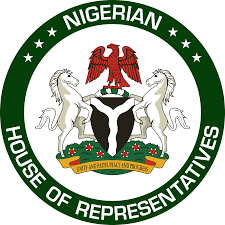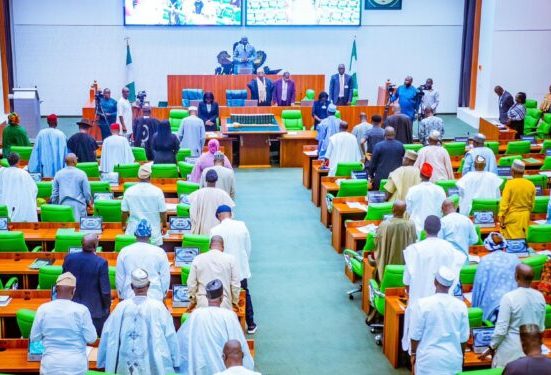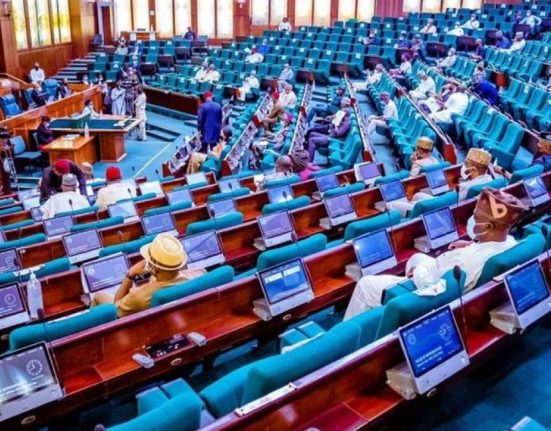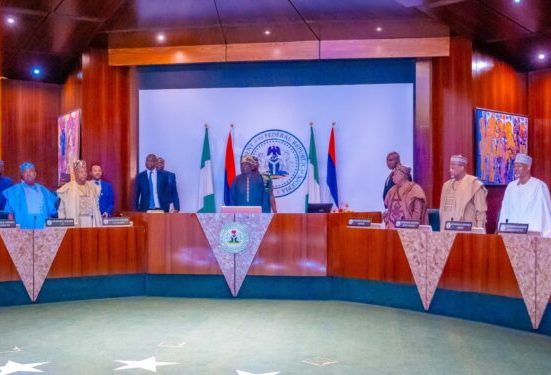The Nigerian National Assembly has been urged to exclude Value Added Tax (VAT) from the proposed tax legislation to allow for more flexible amendments in the future.
The proposed tax bill, titled An Act to Repeal Certain Acts on Taxation and Consolidate the Legal Frameworks Relating to Taxation and Enact the Nigeria Tax Act to Provide for Taxation of Income, Transactions, and Instruments, and for Related Matters, is among four bills submitted to the National Assembly by President Bola Tinubu on October 3, 2024.
A key provision of the bill includes a gradual increase in VAT, moving from the current 7.5% to 10% in 2025, 12.5% between 2026 and 2029, and 15% from 2030 onward.
On Tuesday, the House of Representatives passed all four tax bills for a third reading, while the Senate continues to deliberate on the proposed reforms.
Concerns Over VAT Inclusion
Akin Oyebode, Chairman of the Forum for State Commissioners of Finance, emphasized the need for tax law reforms but cautioned against embedding VAT in the legislation.
“Nigeria’s tax laws have remained largely unchanged for over 50 years. Anyone who has the country’s best interests at heart would welcome these reforms. However, VAT rates and distribution formulas should not be fixed in the law,” Oyebode stated.
He further explained that including VAT in the legal framework would make amendments more complex, requiring extensive legal reviews. Instead, he suggested that VAT regulations should be addressed separately through a finance act that can be reviewed periodically to reflect economic realities.
Economic Implications of VAT Increase
Paul Alaje, Chief Economist at SPM Professionals, also raised concerns about the proposed VAT hike, warning of its potential economic impact.
“I understand the government’s reasoning for this bill, but VAT should remain unchanged. Any increase, even by 0.5%, will contribute to inflation, and I can demonstrate this with economic models,” Alaje stated.
He also questioned the feasibility of harmonizing tax rates across different sectors, warning that it could introduce complexities that may affect businesses and consumers.
Legislative Outlook
As the Senate continues its deliberations, stakeholders from various sectors are expected to engage lawmakers on the potential consequences of the proposed tax amendments. The outcome of these discussions will determine whether VAT remains a fixed component of the tax law or is left out for more flexible adjustments in the future.
With growing economic concerns and the need for revenue generation, the debate over tax reforms is expected to shape Nigeria’s fiscal policy for years to come.







